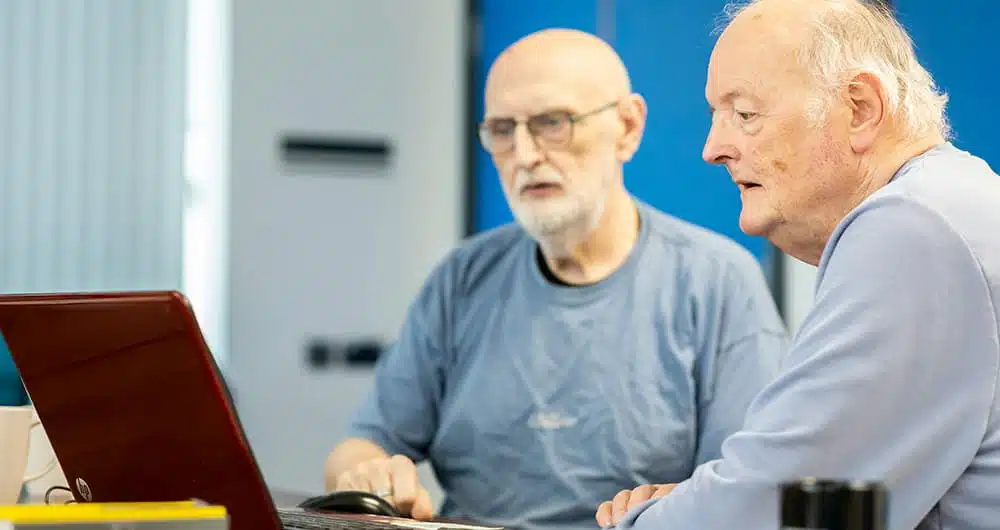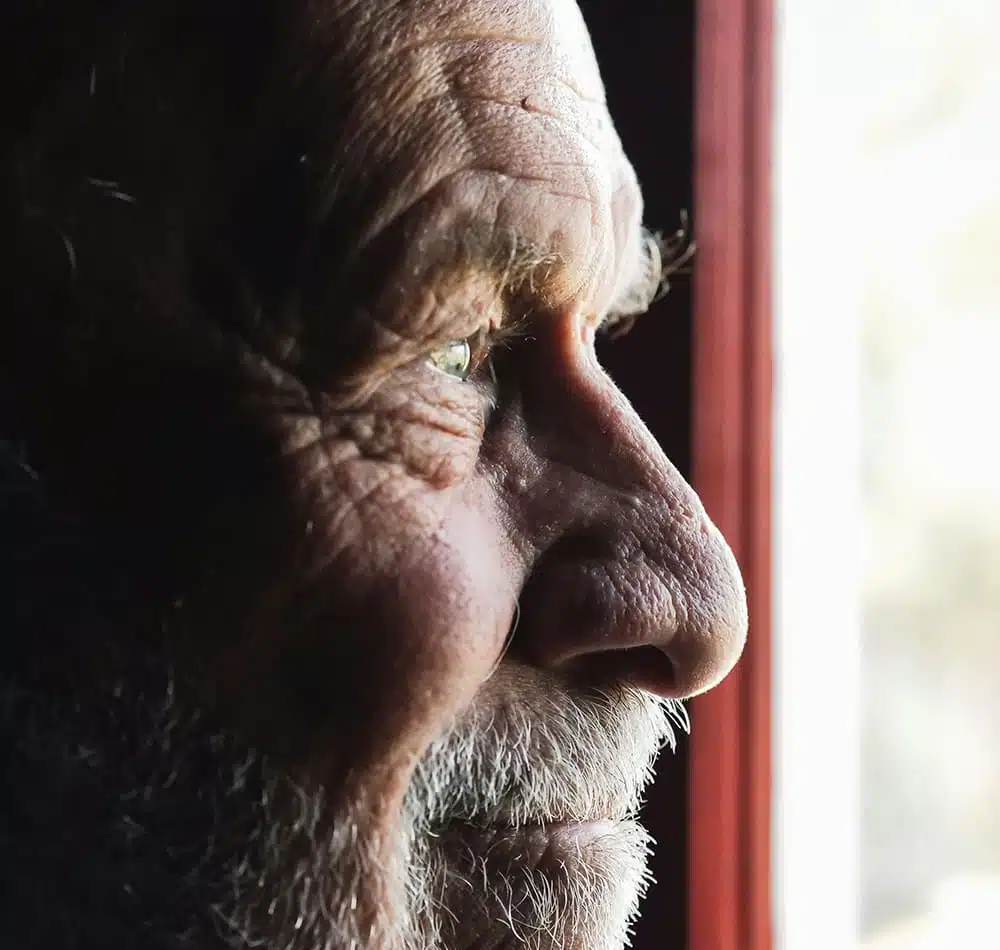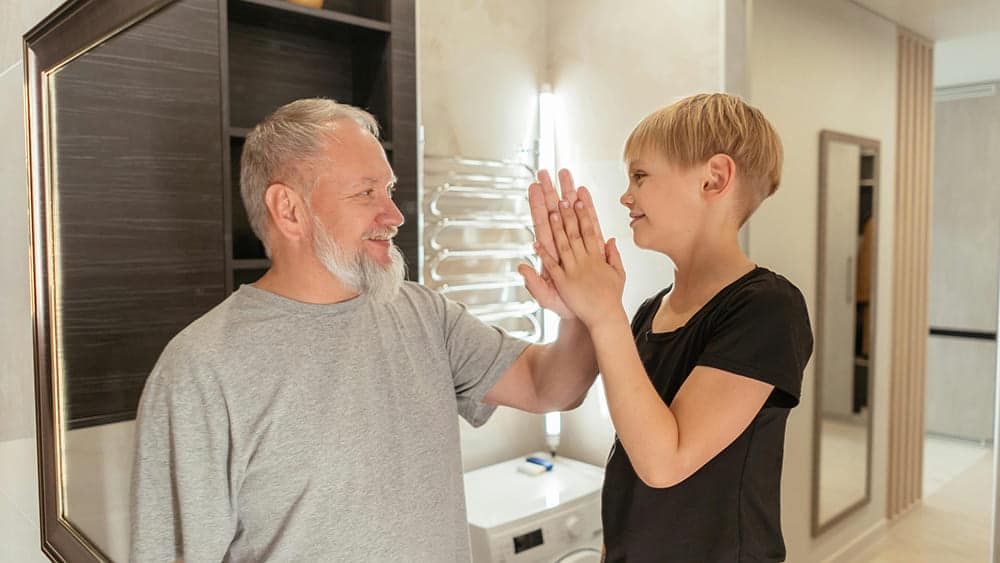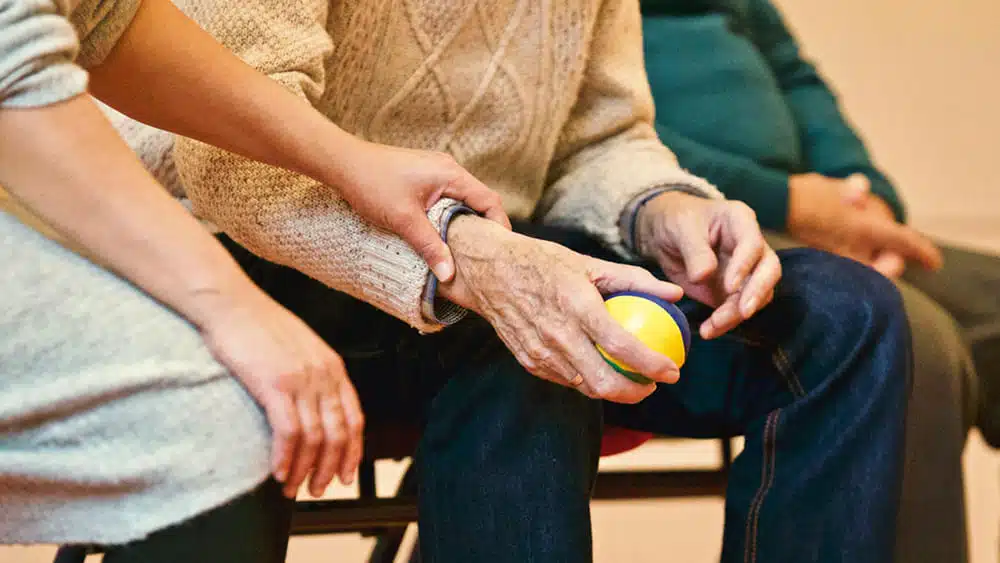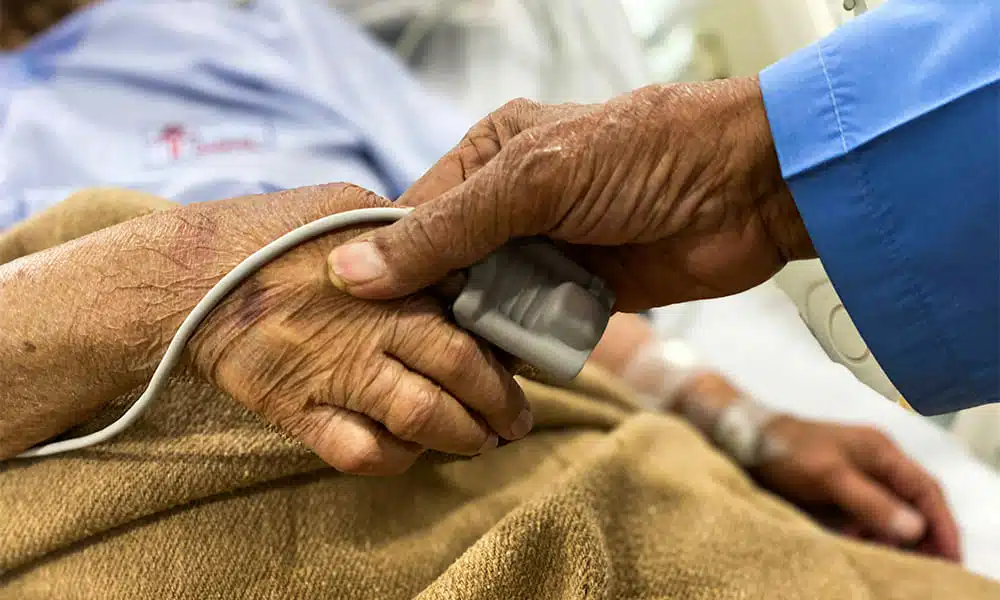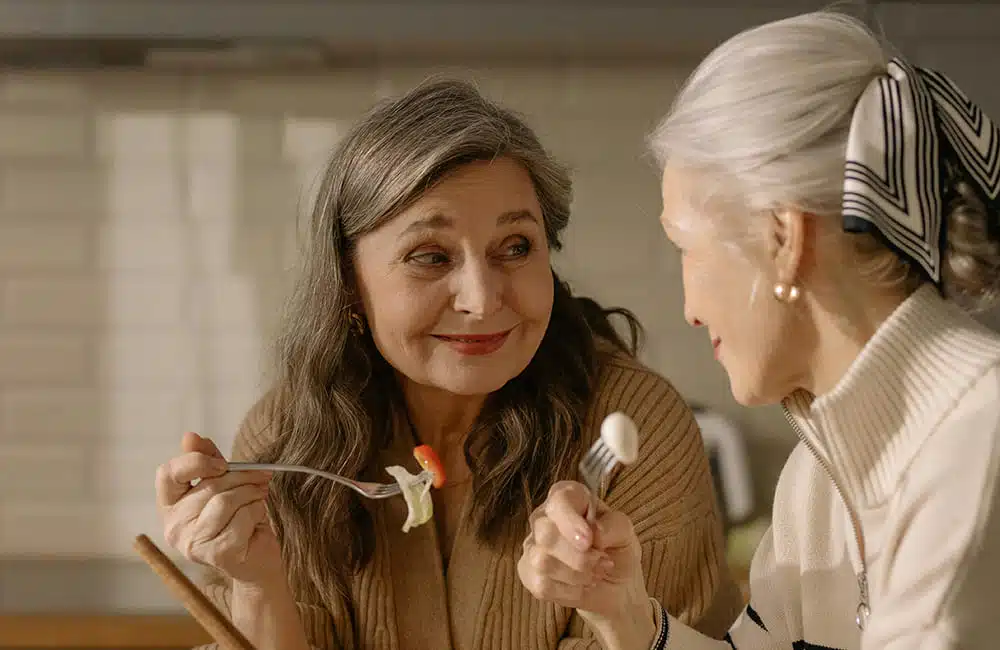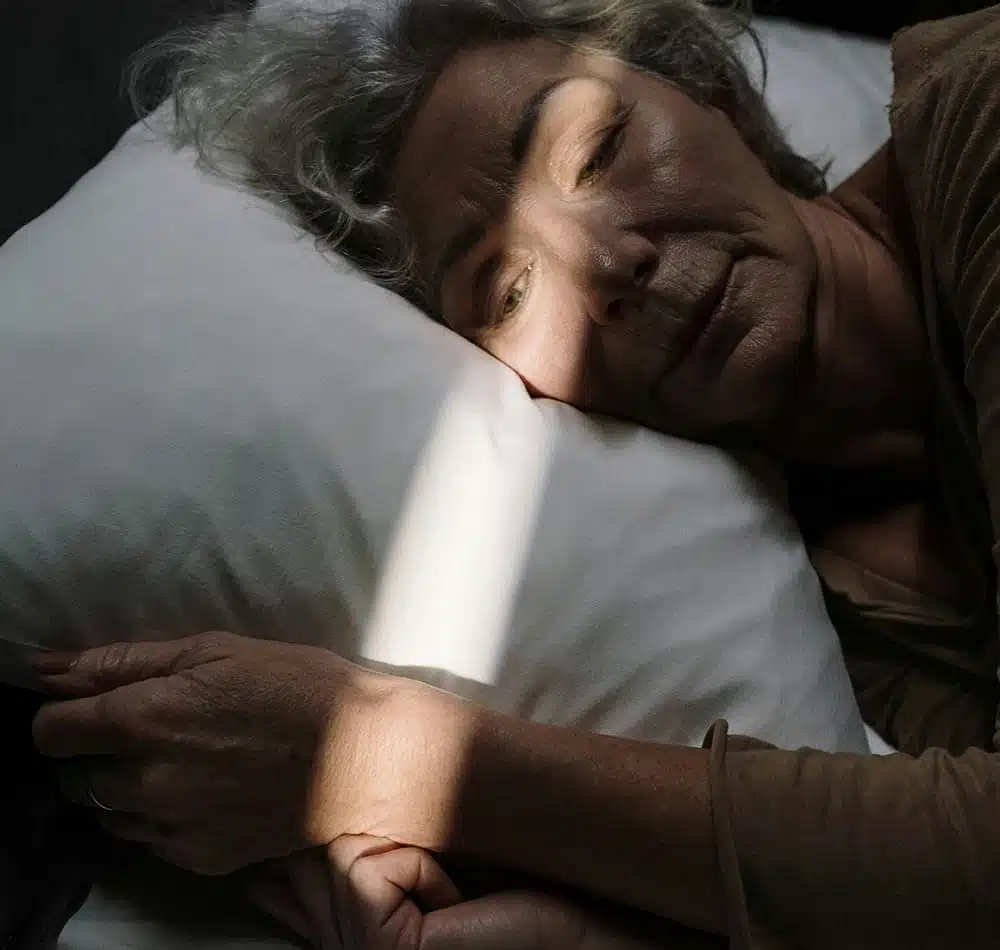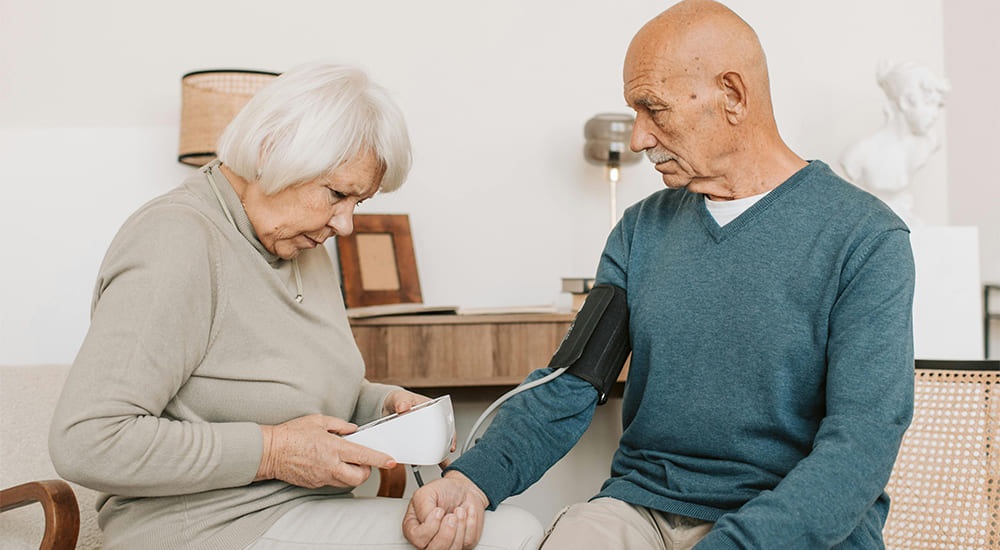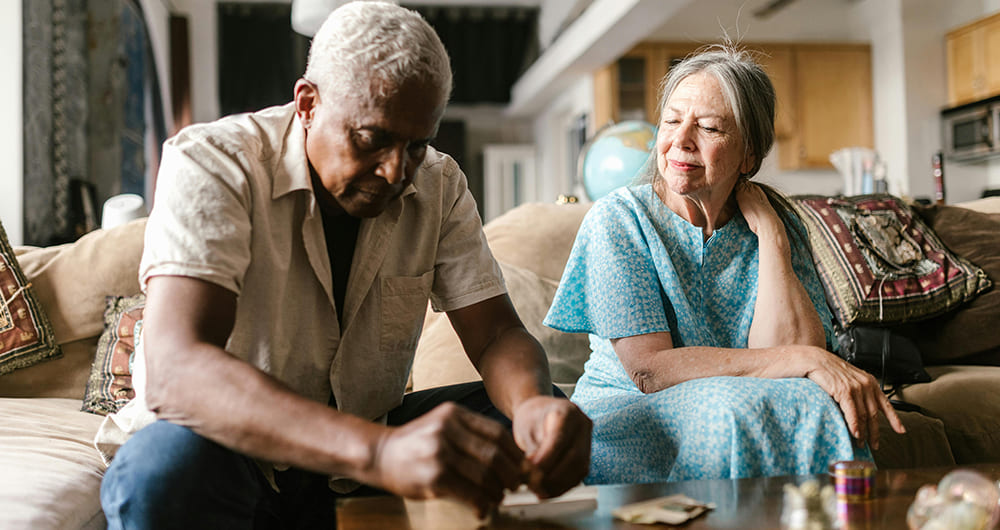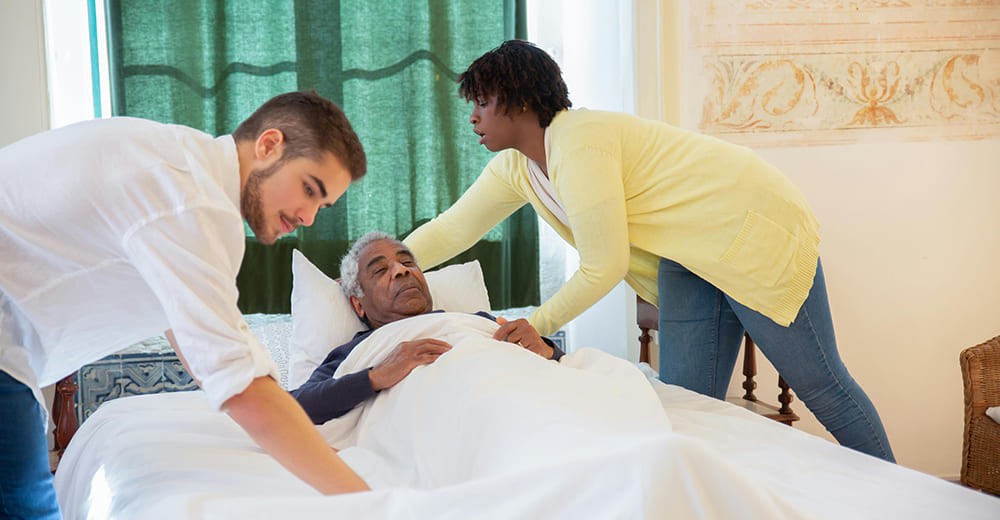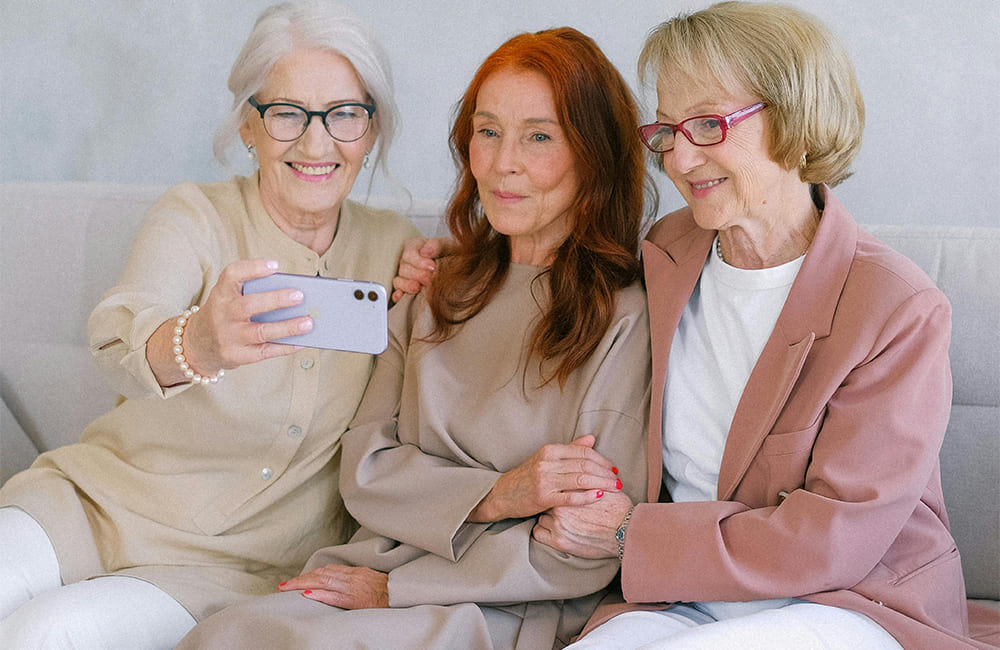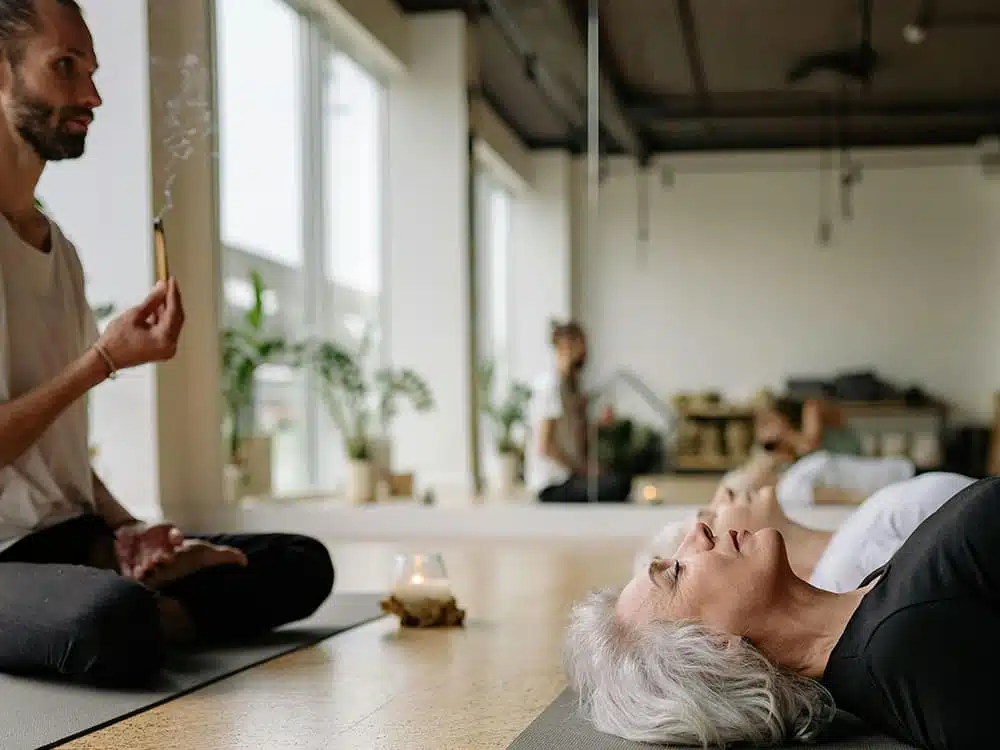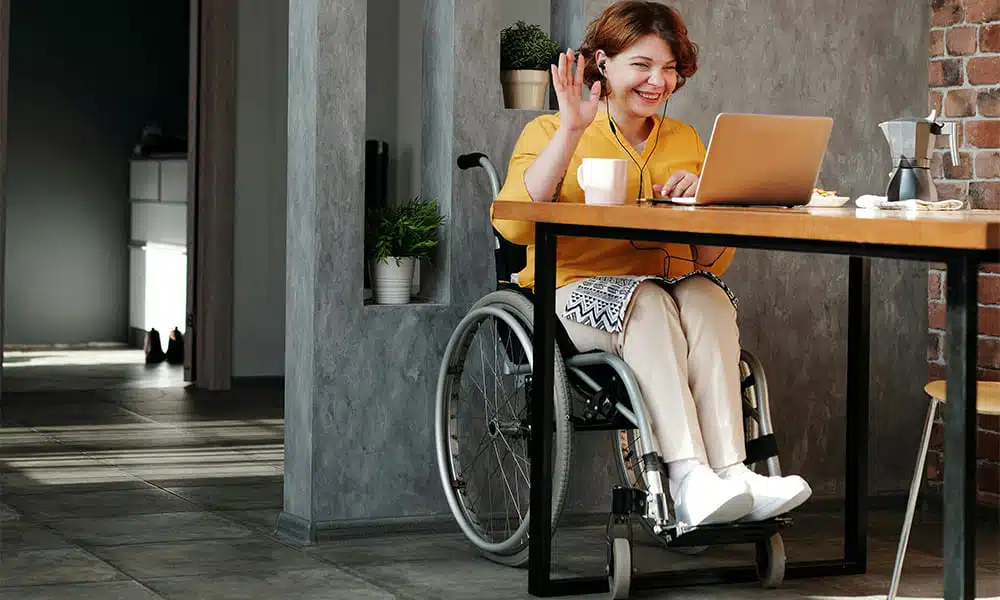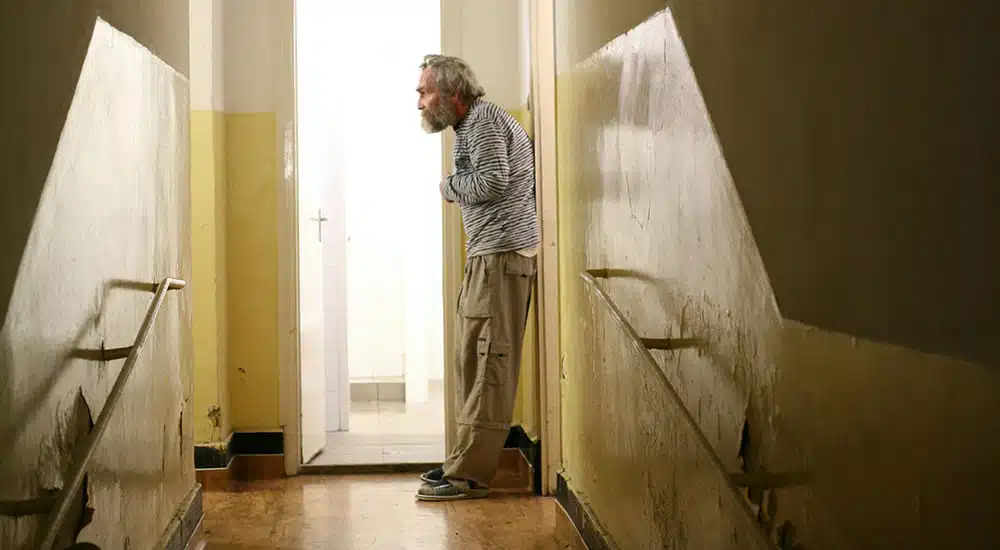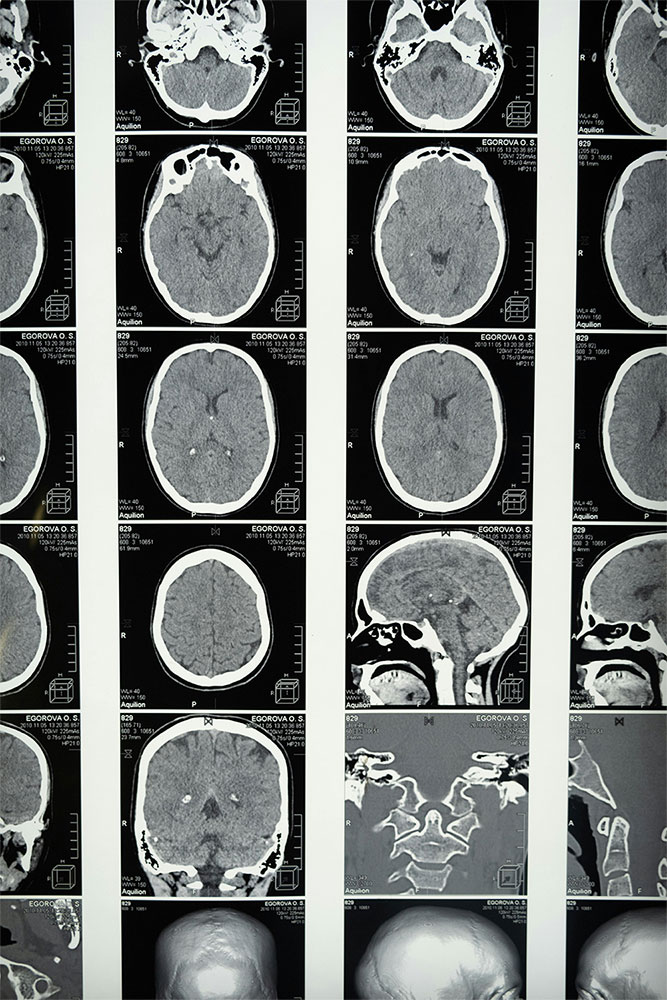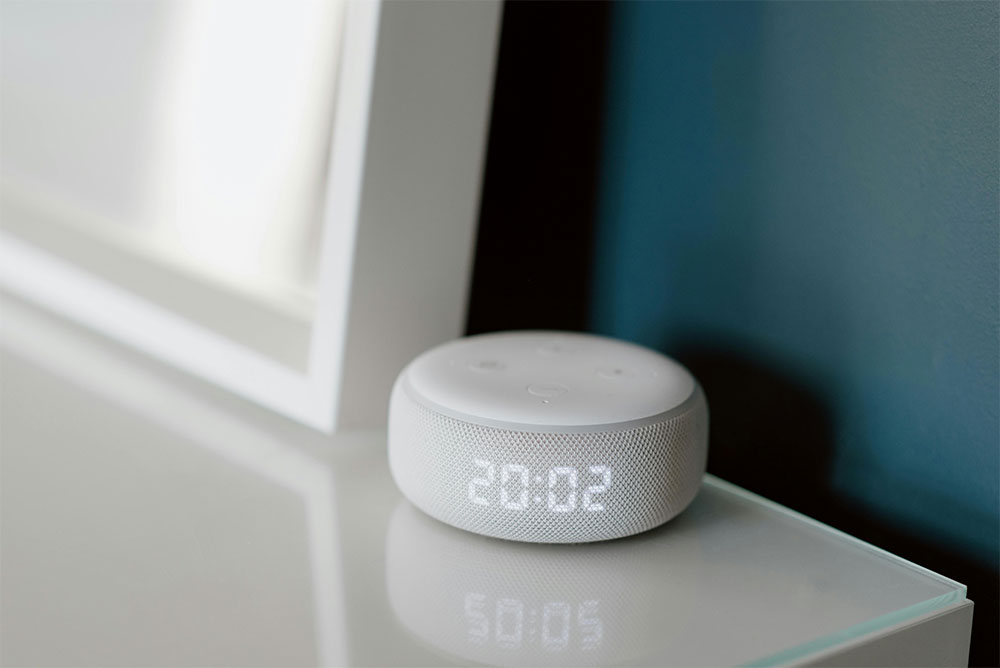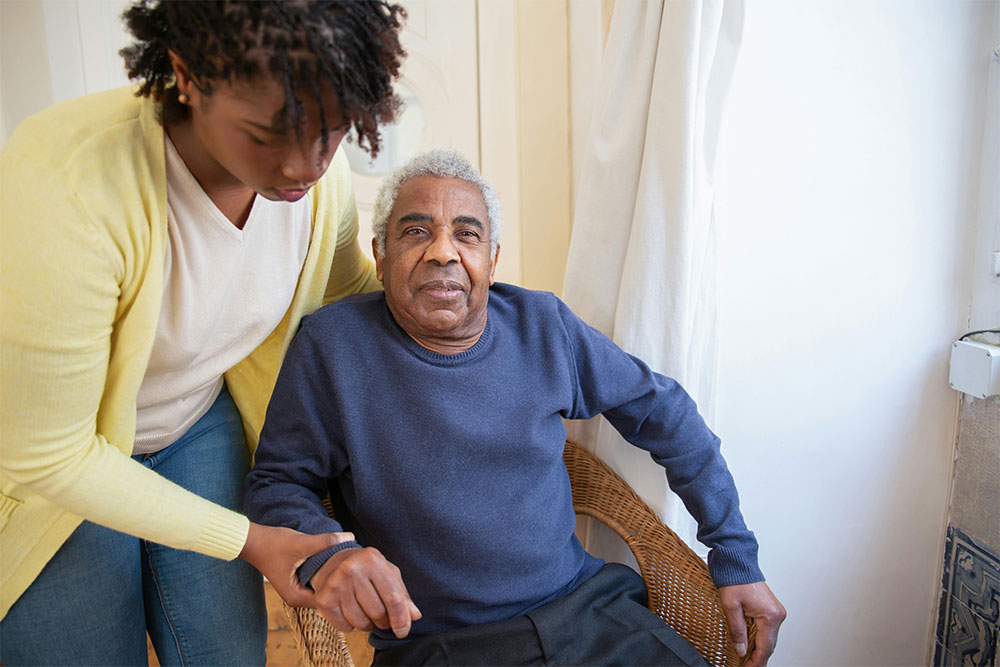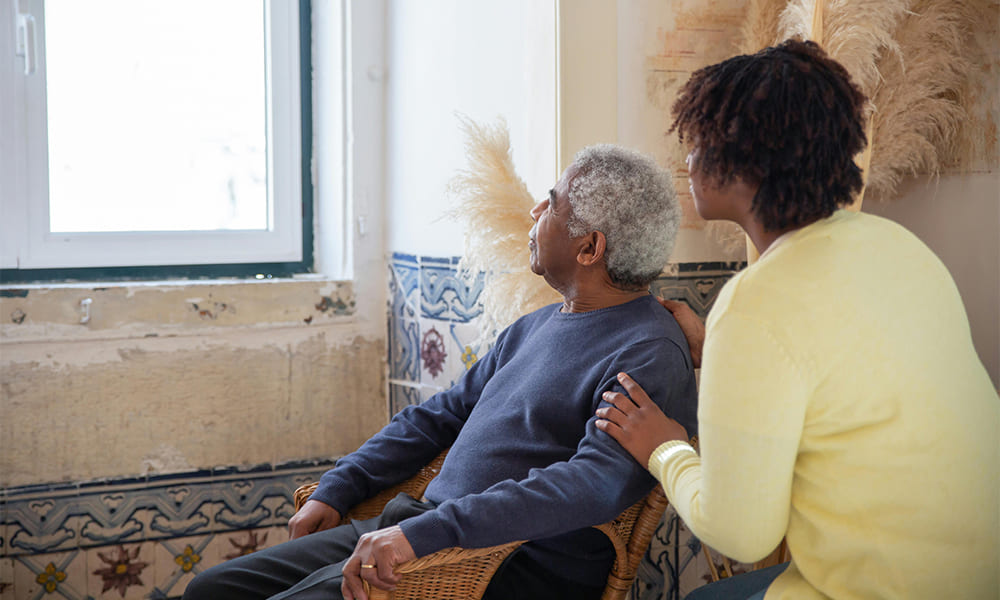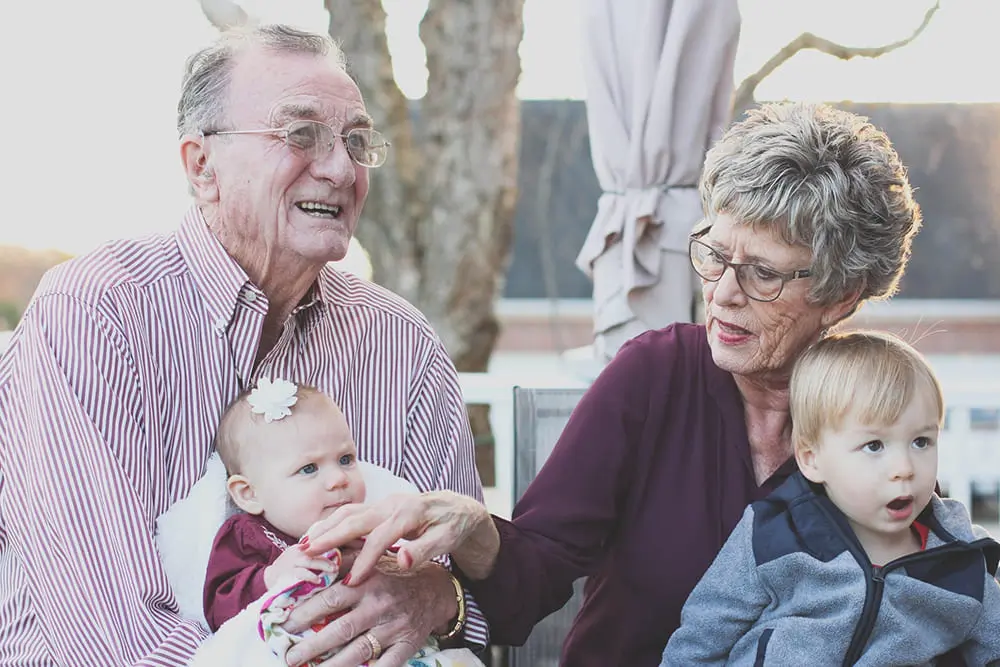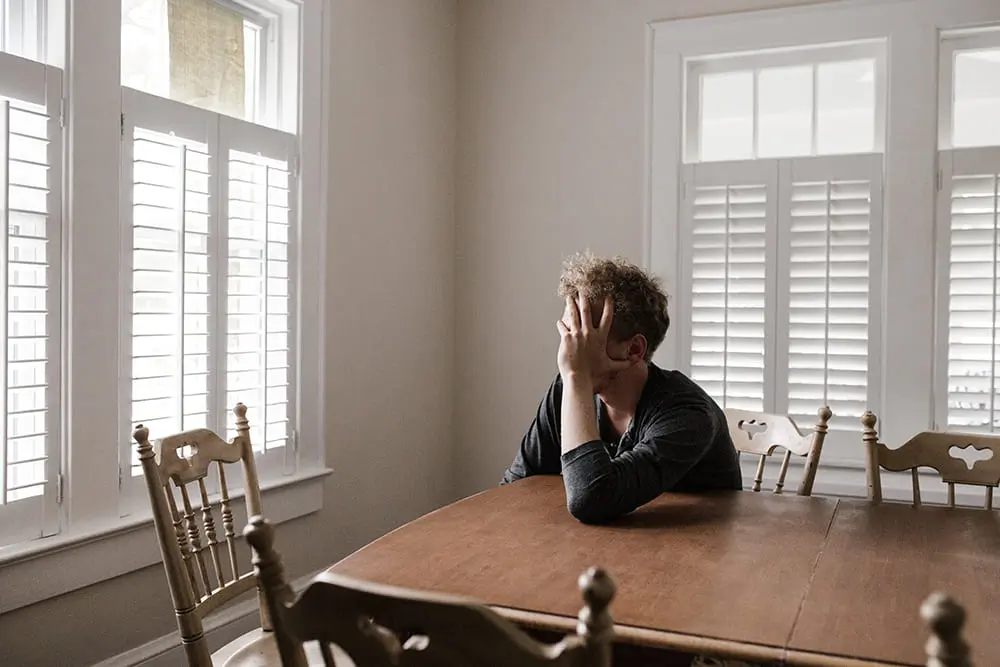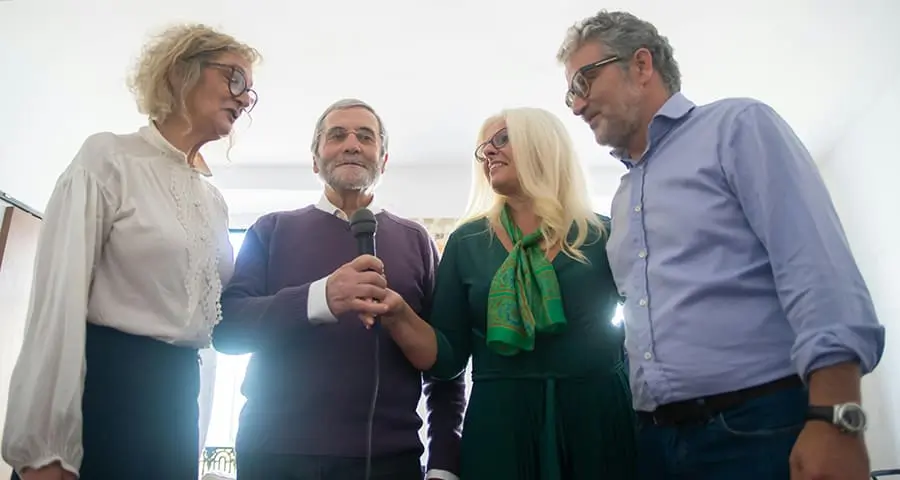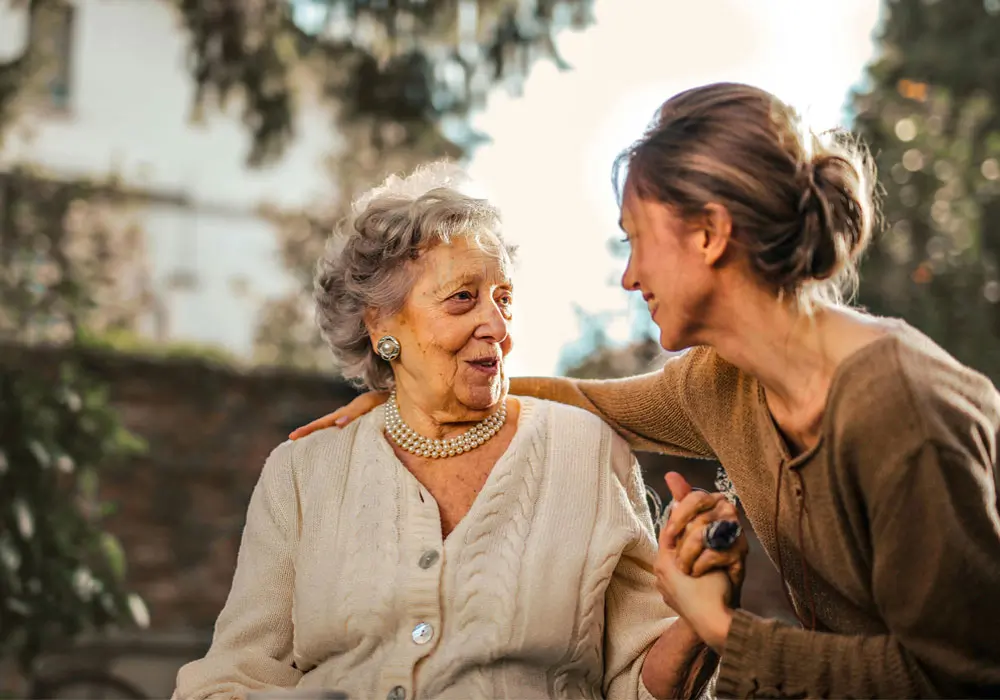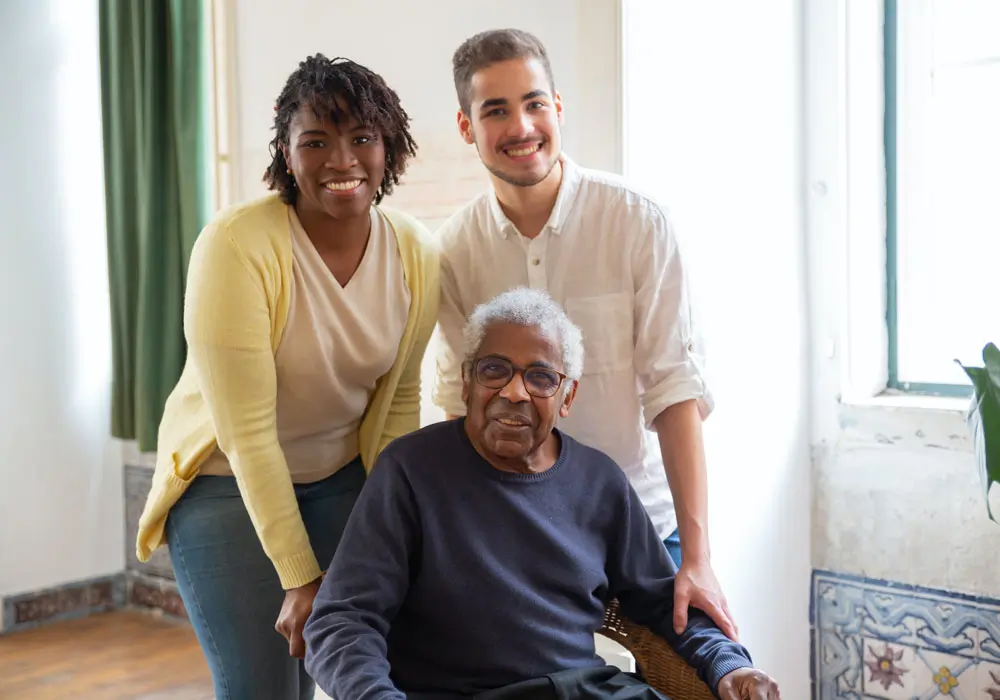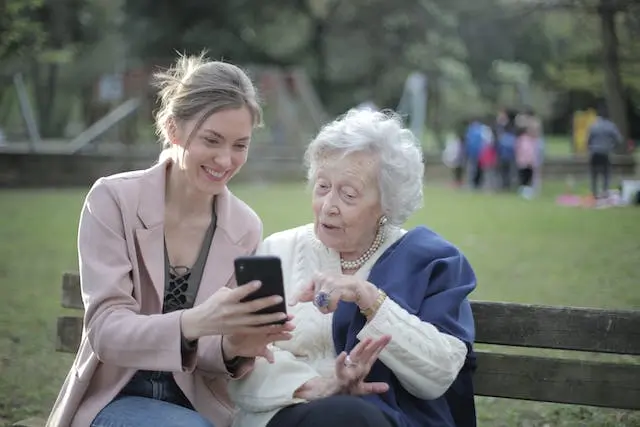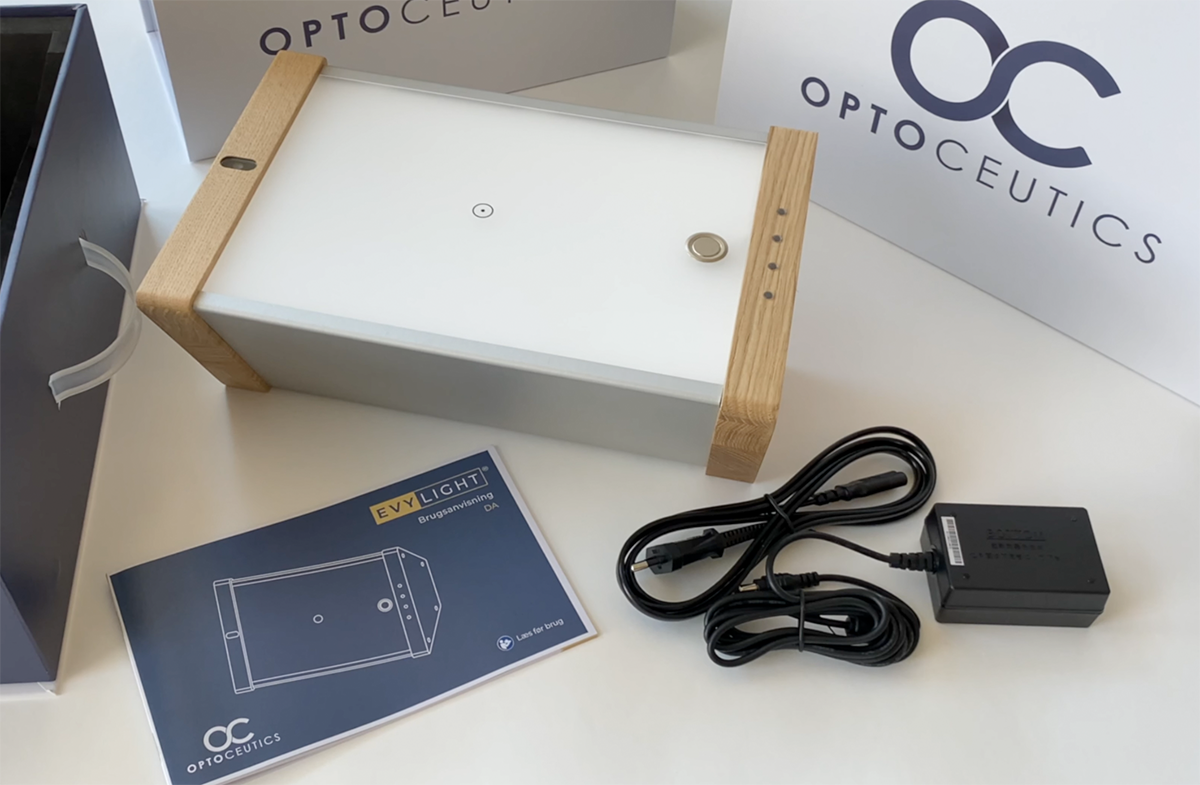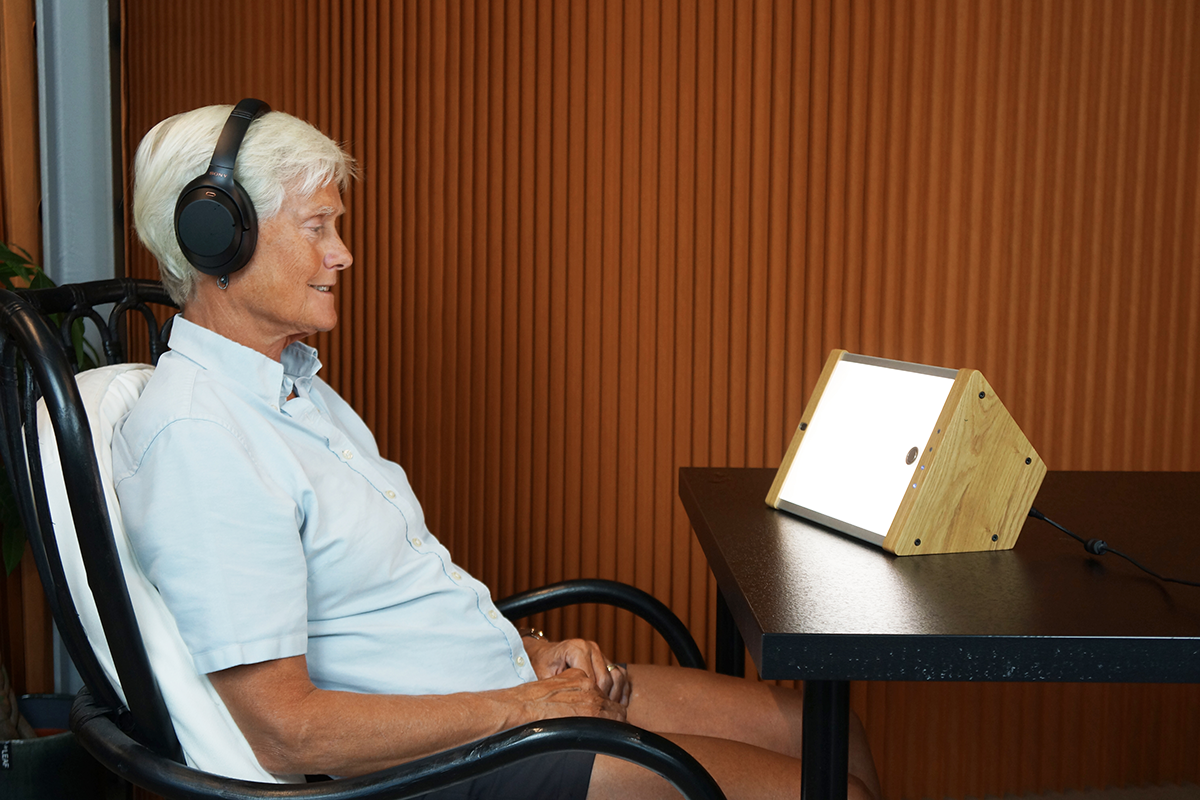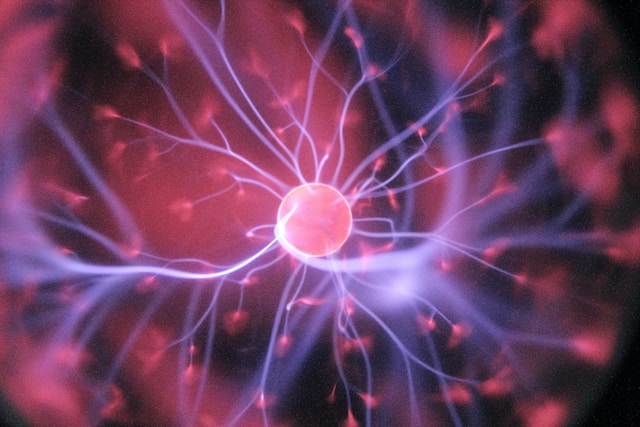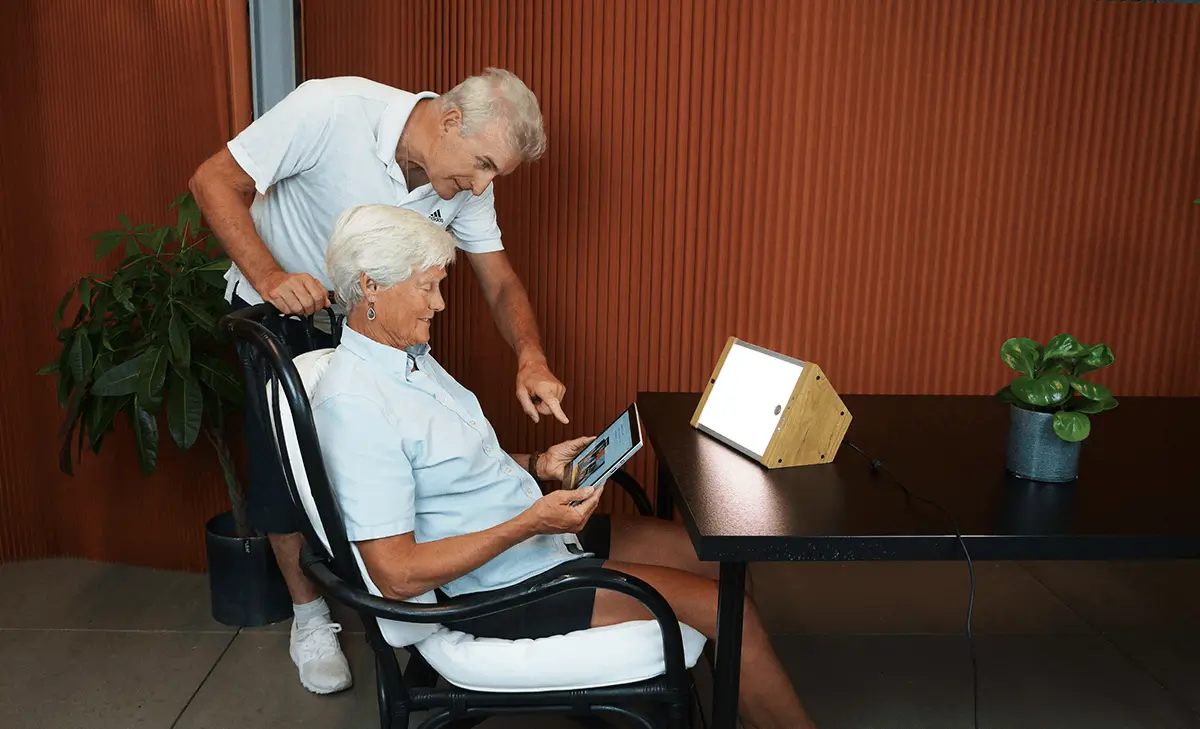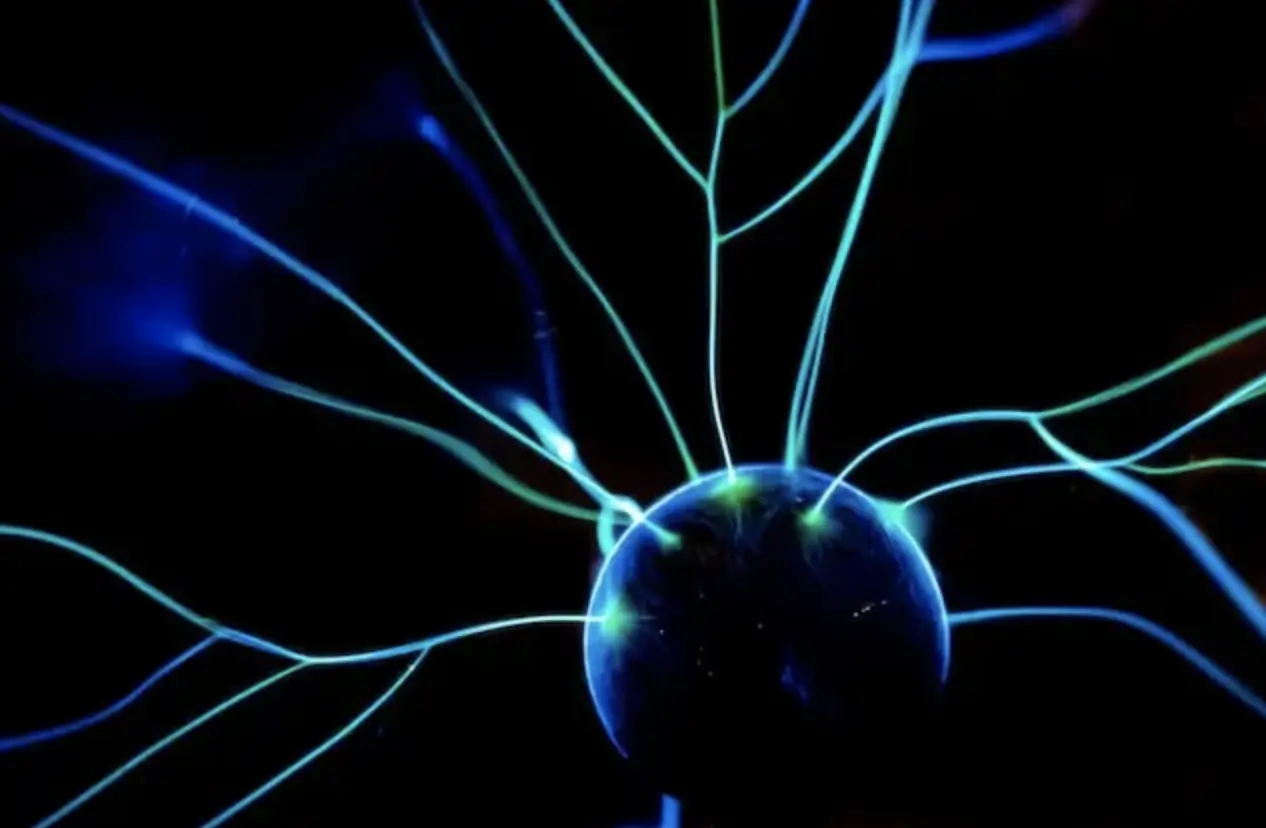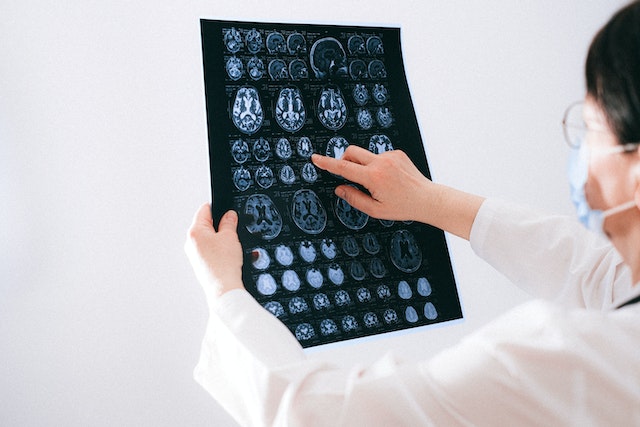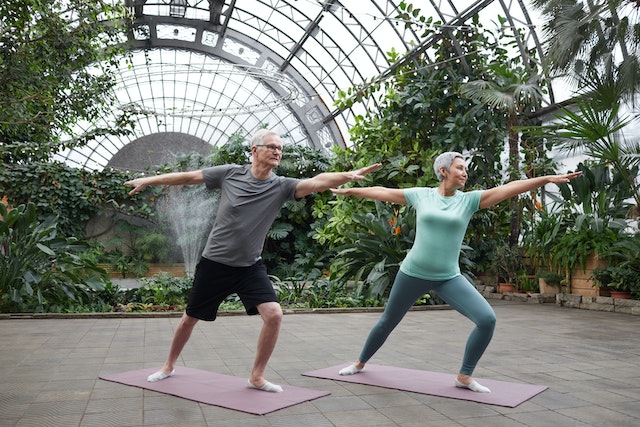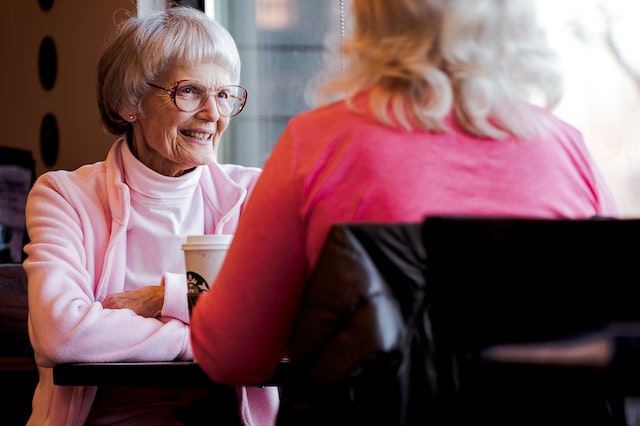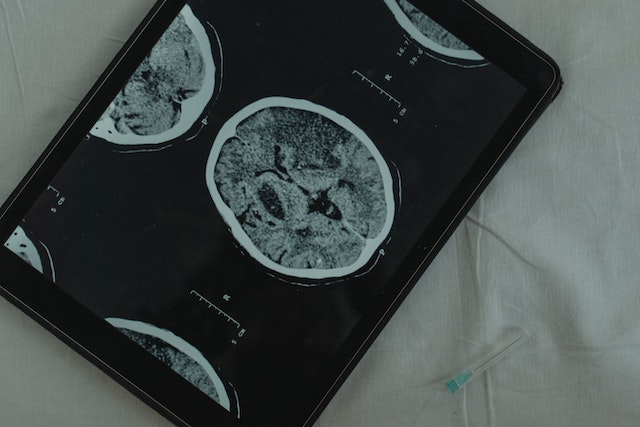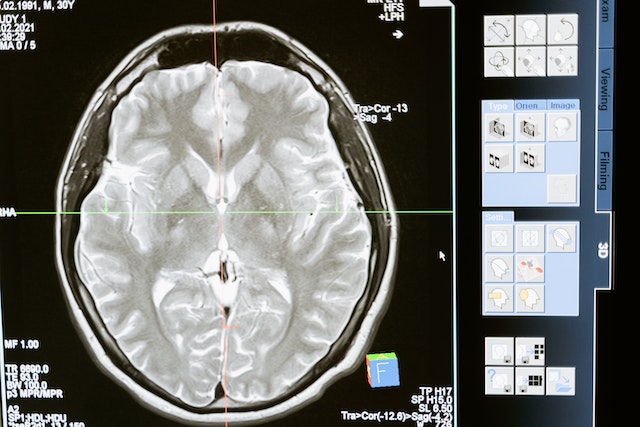In our journey through life, we often find ourselves seeking ways to enhance our well-being and strengthen the core of who we are. It’s no secret that as we age, our minds play a pivotal role in shaping our experiences and maintaining our cognitive abilities. Recent research sheds light on a simple yet profound truth: being an active part of a supportive community can significantly impact our brain health. Let’s delve into this study and discover how engaging in group activities can be a key factor in nurturing our minds and fostering lasting bonds.
Understanding the Study: A Glimpse into the Mind
Imagine a diverse group of middle-aged adults coming together, sharing experiences, and participating in activities that stimulate the mind. This study, led by dedicated researchers, aimed to uncover the potential benefits of engaging in cognitive activities, particularly those involving games and puzzles. The goal was to explore whether these activities could influence brain health and cognitive function, especially in individuals at a higher risk of Alzheimer’s disease.
The Link Between Engagement and Brain Health
Participation in cognitive activities has gained attention as a potential way to positively impact the trajectory of brain health, especially for those at risk of Alzheimer’s disease. The researchers observed a fascinating trend: Individuals who reported frequently engaging in games and puzzles displayed not only better cognitive scores but also larger volumes in brain regions susceptible to Alzheimer’s pathology. This means that group activities that challenge the mind might be a key ingredient in maintaining brain health as we age.
Unveiling the Power of Group Activities
Engaging in group activities, particularly those that involve games and puzzles, seems to have a unique effect on brain health. The study emphasized that it’s not just about the individual effort but about thriving together as a community. When we come together, share experiences, and challenge our minds, we create a supportive environment that nurtures both our cognitive abilities and our bonds with others.
Breaking Down the Findings
The study’s findings were crystal clear: participating in cognitive activities, especially group games and puzzles, could be a promising strategy to enhance cognitive function and promote brain health. This is especially important in the context of Alzheimer’s disease, a condition that has become a growing public health concern. The idea is simple yet profound: by engaging in activities that challenge our minds, we might be able to delay or even prevent cognitive decline.
A Message of Unity and Inclusiveness
It’s important to recognize that this study isn’t just about individual effort; it’s about building a sense of togetherness. When we engage in group activities, we strengthen not only our own cognitive abilities but also the bonds within our community. The findings suggest that regardless of our individual backgrounds or risk factors, we can all contribute to a shared goal of maintaining brain health and well-being.
Embracing the Path Forward
So, what does this mean for all of us? It’s a call to action—a reminder that we have the power to shape our cognitive futures. By participating in group activities that challenge our minds, we embark on a journey toward better brain health. Whether it’s gathering for a puzzle-solving session, playing games that spark our cognitive abilities, or simply sharing stories and experiences, each interaction contributes to our well-being.
In Conclusion
The study’s insights highlight a pathway to thriving together, nurturing our minds, and forging lasting connections. Engaging in group activities, especially those involving games and puzzles, isn’t just a pastime; it’s a powerful tool in our quest for brain health. Let’s embrace this journey of cognitive well-being, knowing that by coming together as a community, we can pave the way for brighter, more vibrant years ahead.
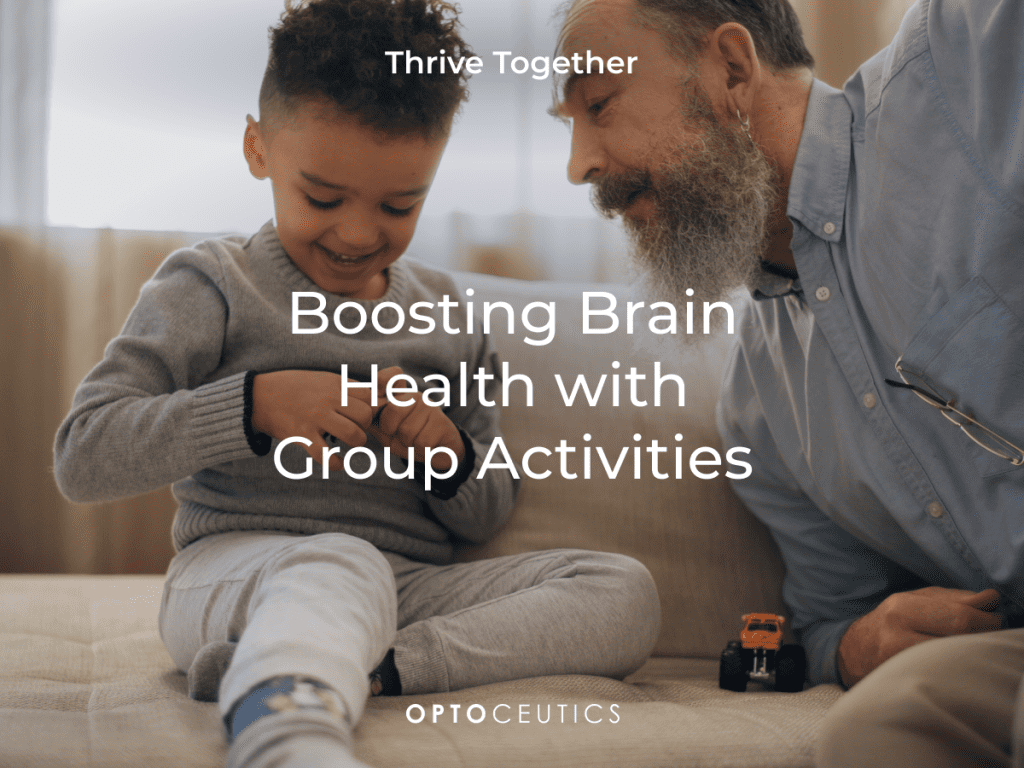
REFERENCE:
Schultz, S. A., Larson, J., Oh, J., Koscik, R., Dowling, M. N., Gallagher, C. L., … & Okonkwo, O. C. (2015). Participation in cognitively-stimulating activities is associated with brain structure and cognitive function in preclinical Alzheimer’s disease. Brain imaging and behavior, 9, 729-736. Link
Curious to learn more?
Take a look at some of our other blog posts to dive into the science of living a healthy and happy life.
We at OptoCeutics wish you a great reading journey beyond







